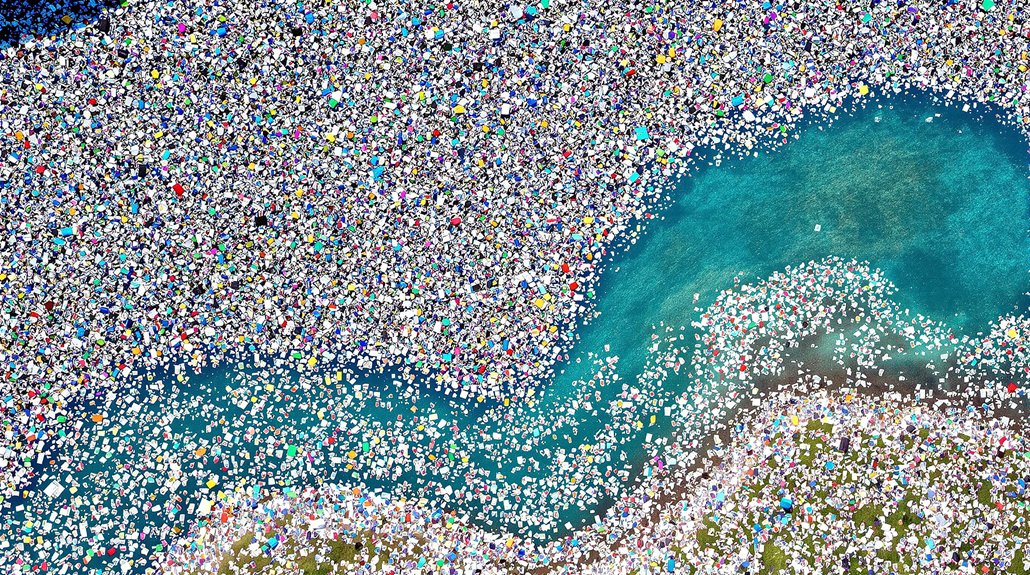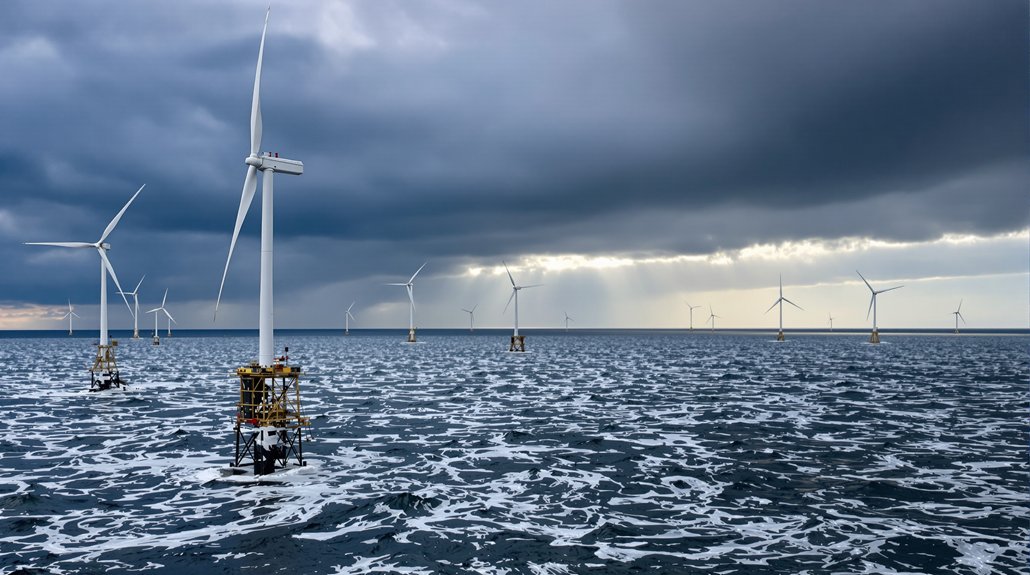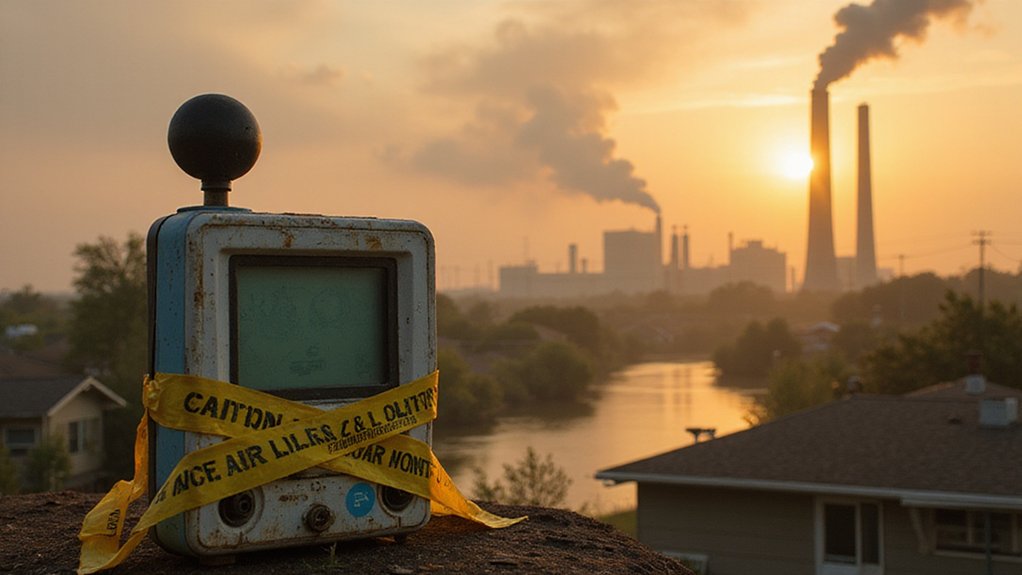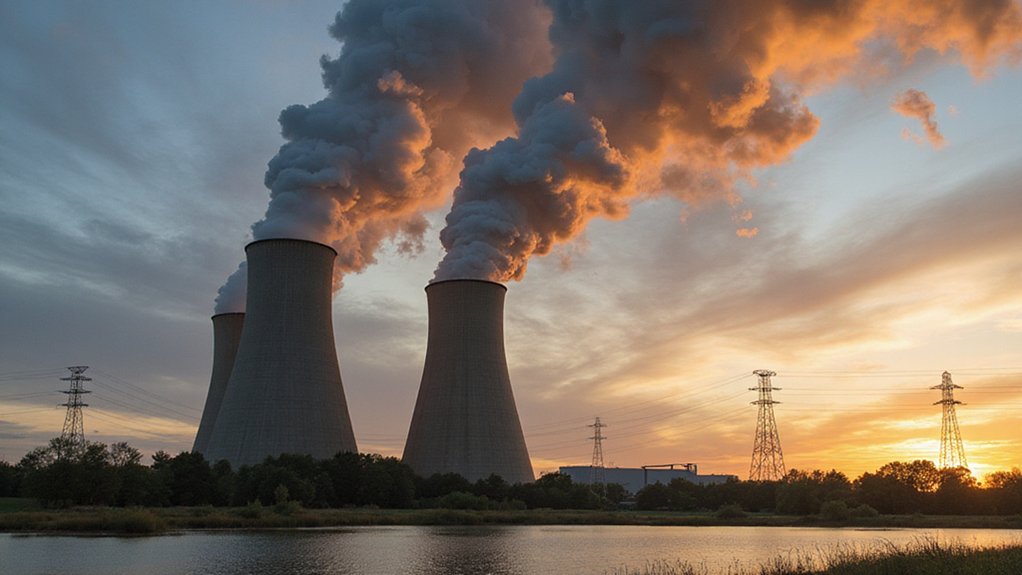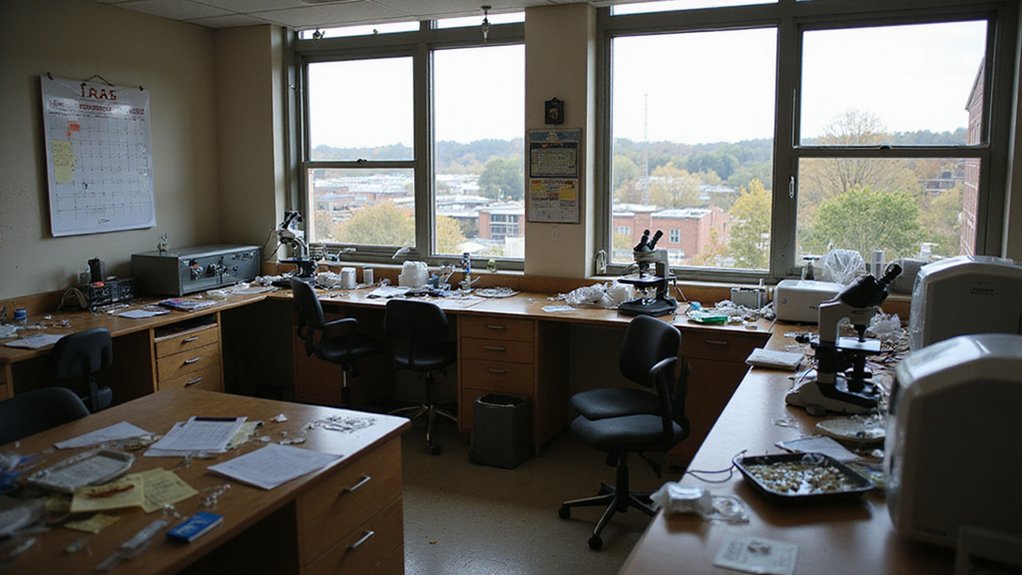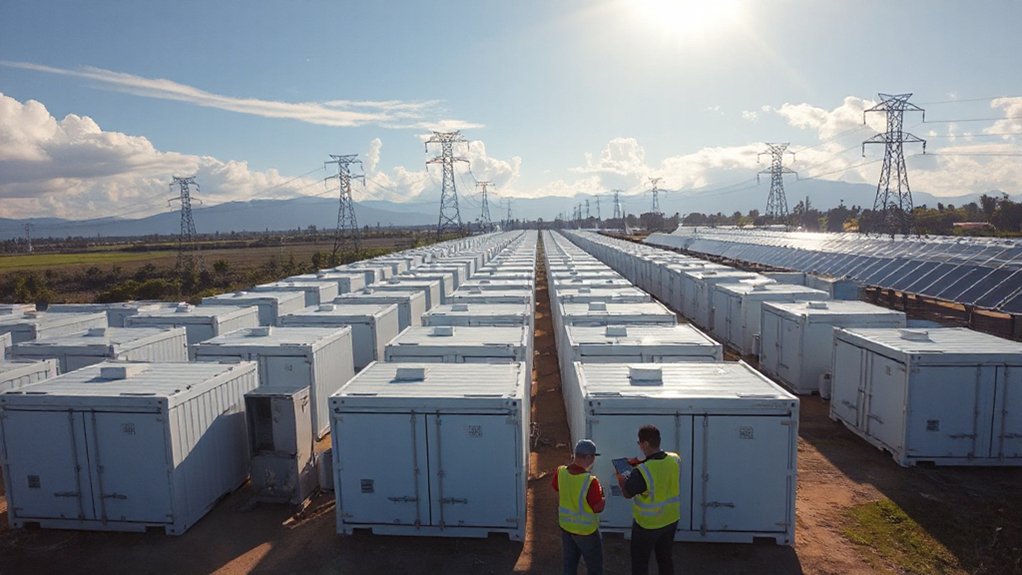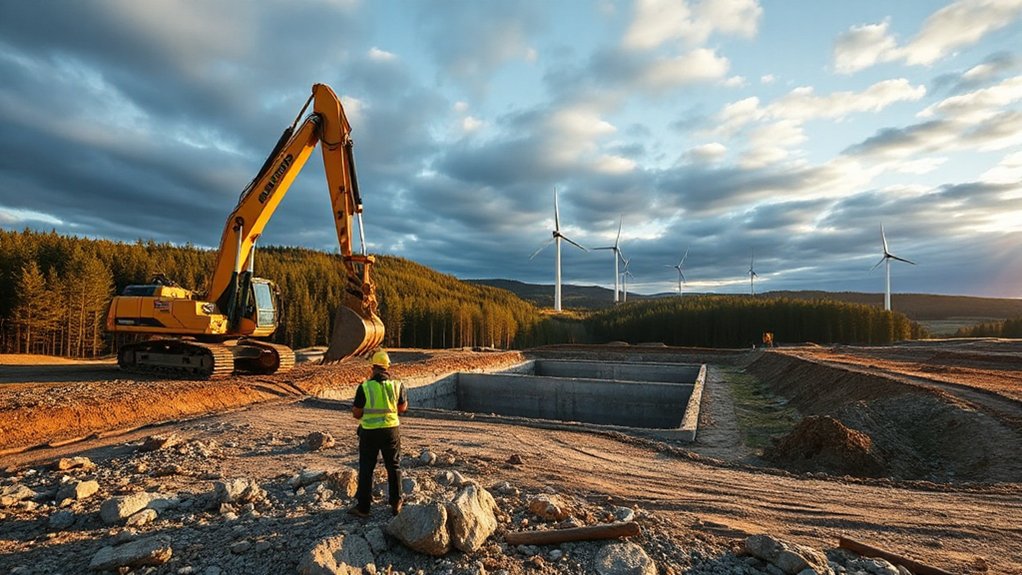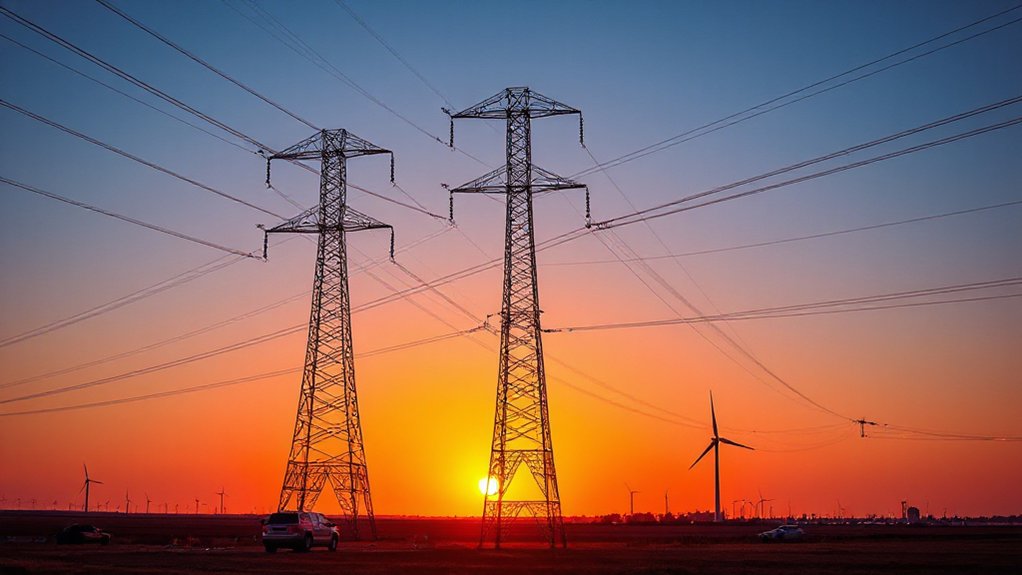While rivers have historically served as lifelines for human civilization, they now serve a different purpose: highways for our plastic waste. Plastic makes up a staggering 67% of waterway pollution globally. That’s right—two-thirds of the junk floating down our rivers is plastic. Not rocks, not wood, not even natural debris. Just plastic. Our modern miracle material has become an aquatic nightmare.
From cradles of civilization to conveyor belts of trash—our rivers now carry humanity’s plastic legacy instead of its future.
In 2020 alone, 1.4 million tonnes of plastic entered our oceans from rivers. And that number? It’s set to more than double by 2060 if we keep this up. The math isn’t complicated. The consequences are.
Here’s the twist—80% of this river plastic comes from just 1,000 rivers worldwide. Ten major rivers account for up to 90% of plastic entering oceans. Rivers like the Yangtze, Ganges, Nile, and Niger are basically plastic superhighways. Congestion? Always.
What’s floating down these waterways? Mostly packaging—the wrappers, bottles, and bags we use for minutes but that stick around for centuries. Single-use items make up the bulk of it. Six months of use, hundreds of years of pollution. Great trade-off.
The impact is devastating and expensive. Plastic pollution reduces ecosystem service values by up to $2,500 billion annually. It clogs waterways, increases flood risks, and kills aquatic life. Fish eat it. Birds get tangled in it. We eventually eat the fish. Circle of life, plastic edition.
Asia hosts eight of the ten most plastic-polluted rivers, with Africa claiming the other two spots. Urban rivers in rapidly growing cities are particularly vulnerable—less infrastructure, more plastic. By 2050, plastics may outnumber fish in our oceans if current pollution trends continue.
Since 1950, plastic production has increased 230-fold. At this rate, plastics could outweigh fish in the oceans soon. Rivers are choking, carrying our plastic addiction downstream. A recent study spanning eight countries across four continents found that 3.8 million kilograms of river debris was removed and analyzed during a three-year research period. They’ve gone from being civilization’s lifeblood to its plastic-filled arteries. Not exactly an upgrade.
References
- https://www.condorferries.co.uk/marine-ocean-pollution-statistics-facts
- https://news.ucsb.edu/2025/021966/how-plastic-pollution-flows-rivers-oceans-and-how-stop-it
- https://theoceancleanup.com/rivers/
- https://thesustainableagency.com/blog/environmental-impact-of-plastic-pollution/
- https://www.oecd.org/en/data/insights/data-explainers/2025/05/stemming-plastic-pollution-to-protect-the-ocean.html
